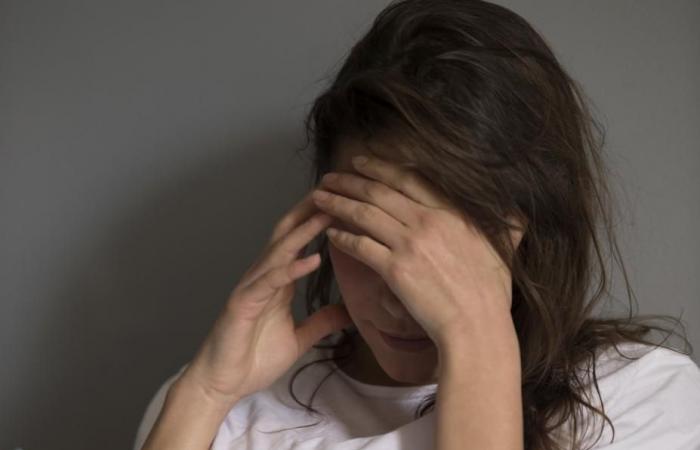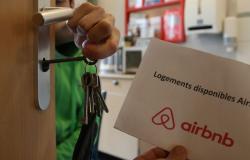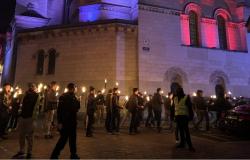Beware of CO: the “silent killer”!
Each year, the number of CO victims increases in October, reaching a peak during the winter. There are nearly a thousand people poisoned with CO every year and deaths are reported each time.
CO, the “silent killer”
CO or carbon monoxide is a toxic gas produced by the improper combustion of gas, coal, fuel oil, gasoline or wood. CO, commonly known as the “silent killer”, is invisible and odorless and therefore particularly dangerous. The main sources of CO are faulty water heaters installed in bathrooms and individual heaters in the living room or bedroom.
CO is generated due to insufficient ventilation, improper use of an appliance, poor evacuation of combustion gases or insufficient maintenance.
Therefore, install compliant devices by an approved technician and ensure annual maintenance and mandatory checks.
Recognizing CO poisoning
The first symptoms of CO poisoning are headache, dizziness and nausea. If you experience these symptoms, immediately ventilate the room by opening the window or door. Then leave the room and call 112. If you do not react quickly, other symptoms may appear: a feeling of weakness, confusion or loss of consciousness which may lead to a coma or death.
Easily avoid CO poisoning
1. Control
Have your heating installations and chimneys checked annually. Also carry out the mandatory checks.
2. Vents
It is essential to provide a supply of fresh air in your home. This can be done via a mechanical ventilation system, ventilation grilles, a window in a tilting or slightly open position.
3. Alarms
Hang a CO detector in each room with a combustion appliance and/or fireplace, in the living room and in the bedroom. Regularly test the detector for proper operation.
4. React
Watch out for the symptoms of CO poisoning and don’t take any risks.
Don’t put yourself in danger by proceeding with the following steps safely
- Open doors and windows;
- Turn off the boiler or water heater which is (probably) causing the incident;
- Evacuate everyone outside and call the emergency services via the number or application 112;
- Start resuscitation of victims who are in cardio-respiratory arrest;
- Place victims who are unconscious but still breathing in PLS.
Additional Tips
- Never use a BBQ or brazier indoors;
- Avoid the use of movable gas or oil heaters.







